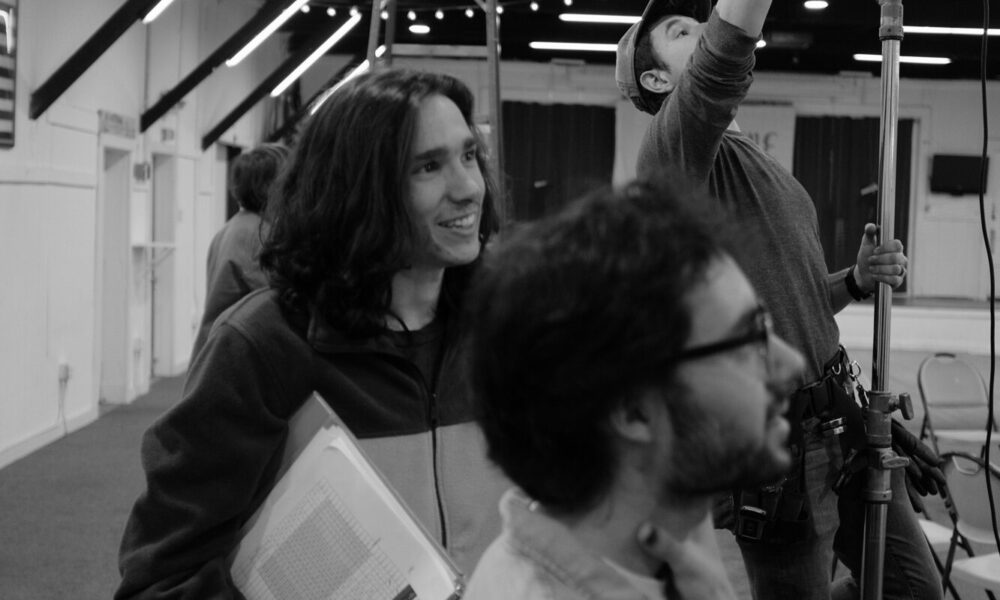

Today, we’d like to introduce you to Cade Harrison.
Hi Cade, thanks for joining us today. We’d love for you to start by introducing yourself.
I was born and raised in Pulaski, Tennessee, a small rural city in the middle of nowhere. Surrounded by nothing but forests and farmland, I learned how to find and create my excitement. Whether it was exploring every little nook and cranny of Pulaski with my adventurous aunts or making board games from scratch, I learned that there is always a way to make something out of nothing.
My favorite way to pass time in the quiet south was sitting down with my parents and watching whatever random movie they found in the Walmart $5 bin. From a young age, I would ask as many questions as possible, always fascinated by whatever was on the screen. Once my dad explained what a movie director was and what their job entailed, I fell in love with filmmaking and wanted to be responsible for bringing these stories to life.
Unfortunately, my small town and the surrounding area offered very few opportunities for filmmaking. I tried everything available in an attempt to fill this gap, such as taking piano lessons and joining basketball, and eventually settled on theater as a close second to filmmaking. Through Pulaski’s local theater, STAAR Theatre at Antoinette Hall, I discovered a small community that was eager to be themselves and perform compelling stories.
This served as my sole creative outlet for most of my childhood, ranging from working in the tech booth to eventually performing on stage in front of family, friends, and the rest of Pulaski. My attachment to theater carried over throughout high school and assisted in shaping my collaborative and communicative skills as a storyteller.
However, my love for filmmaking had never been dethroned, which led to me enrolling in the Savannah College of Art & Design as a Film & Television major.
Let’s dig a little deeper into the story – has it been an easy path overall, and if not, what challenges have you had to overcome?
All roads are bumpy until you pave over them. This is a concept that has taken me forever to learn and that I’ll keep having to relearn over and over again as long as I’m an artist. My biggest obstacle has always been myself and perceiving my own work as worthy of an audience, manifesting in impostor syndrome. I make what I want to watch, but why would anyone else want to see it? It’s a tough question and one that creeps into my mind every single time I start a new project.
Since I grew up with very few opportunities geared towards filmmaking, I always felt behind as a filmmaker. The only filmmaking experience I had throughout my childhood and teenage years was making short films on my camcorder with cousins and friends. To make up for my lack of experience, I would sit down and analyze films in my notebook, studying every little aspect that I noticed. I even took advantage of YouTube, watching as many movie reviews as possible and analyzing videos as I could find. Eventually, during my junior year of high school, I was able to attend a New York Film Academy summer camp and get a glimpse of professionalism in the industry.
Once college rolled around during the fall of 2020, I was eager to be on an actual set and gain more hands-on experience. Unbeknownst to me, the pandemic had other plans. The SCAD campus was shut down, and online classes became the alternative. I had to wait yet another year before I could step foot on even a student set. Fortunately, analyzing films and watching every video essay on YouTube had gotten me used to learning through a screen.
However, I was still terrified as the year came to an end, and it was time for in-person classes. That little devil on my shoulder kept telling me that I wasn’t ready, that I couldn’t even compare to other filmmakers my age. Instead of listening and immediately throwing in the towel, I tried anyway. What I came to find is that comparison doesn’t matter. Instead of worrying about my work being as good as others, I began focusing more on what I actually wanted to create.
I just started creating, making, and doing. If one of my short films turned out to be a pile of garbage, I learned from it and moved on to the next. Failure is terrifying and always seems like the end of the world. Once you embrace the fact that failing is imminent, you’ll grow as an artist more than you ever have before.
Thanks for sharing that. So, maybe you can tell us more about your work next?
I am a storyteller through and through. For as long as I can remember, I have always been drawn towards filmmaking as the primary method to tell my stories. Due to my theatrical background, I have plenty of experience communicating and collaborating with other creatives, which showed me how important diverse voices are when collectively telling a story. Throughout my time at SCAD, I made it a goal to experiment in as many forms of filmmaking as possible, such as short films, music videos, and many experimental projects.
Recently, I had the privilege of tackling my most ambitious endeavor to date, writing and directing my thesis film, Tragic Magic. The film follows Carla Ray, a fantasy board game designer, as she is looking for her lost mother and co-creator of her games, Raylene Ray. However, chained in Carla’s basement is the culprit responsible: her father and mischievous wizard Bartholomew. He truly believes that Carla’s magical background is the only acceptable path for her to pursue, and without her supportive and encouraging mother, Carla feels alone.
For my last hurrah at SCAD, I wanted to focus on an ambitious project that fully encapsulated my voice as a filmmaker. I have always enjoyed finding the endearing within the absurd, which is where the wizarding concept came from, with a familial story at the center of the chaos. However, it wouldn’t have been possible without an incredible crew that I have been able to meet on various projects.
I have always had trouble believing in my own work; however, I’ve never had a problem identifying the talent around me. One of the most vital and important aspects of directing is being able to develop a team that you’re able to trust and rely on when the going gets tough. Whether it was my producers, Jacob Rannik and Nancy Sheehan, my assistant directors Aidan Gomez and Tim Borowiec, or my director of photography, Jordan Werner, there was a problem-solver around every corner to guide and assist my vision in coming to life.
Any advice for finding a mentor or networking in general?
Opportunities are everywhere. Mentors are everywhere. Networking is everywhere! One of the biggest downfalls of artists and filmmakers my age is the inability to realize or take advantage of an obvious opportunity. As someone who didn’t have many of the filmmaking opportunities I was searching for while growing up, I immediately took advantage of attending SCAD and learning from professors and classmates alike.
I think that one big misconception of mentorship is age and experience. However, that doesn’t always matter. Your collaborators can and will be your mentors. As artists, we’re all in this together as we experiment and pick at the intriguing aspects of each other’s brains. Whenever you’re creating with others, it is important that you get to know every single person who is working on a project in order to diversify your perspective and put your eggs in different baskets.
Contact Info:
- Instagram: https://www.instagram.com/cadeeeeeeeeeeeeeeeeeeeeee/
- Youtube: https://www.youtube.com/channel/UC3tkcvjukQTA4Ga3HWykpuw
- Other: https://www.instagram.com/tragicmagicfilm/
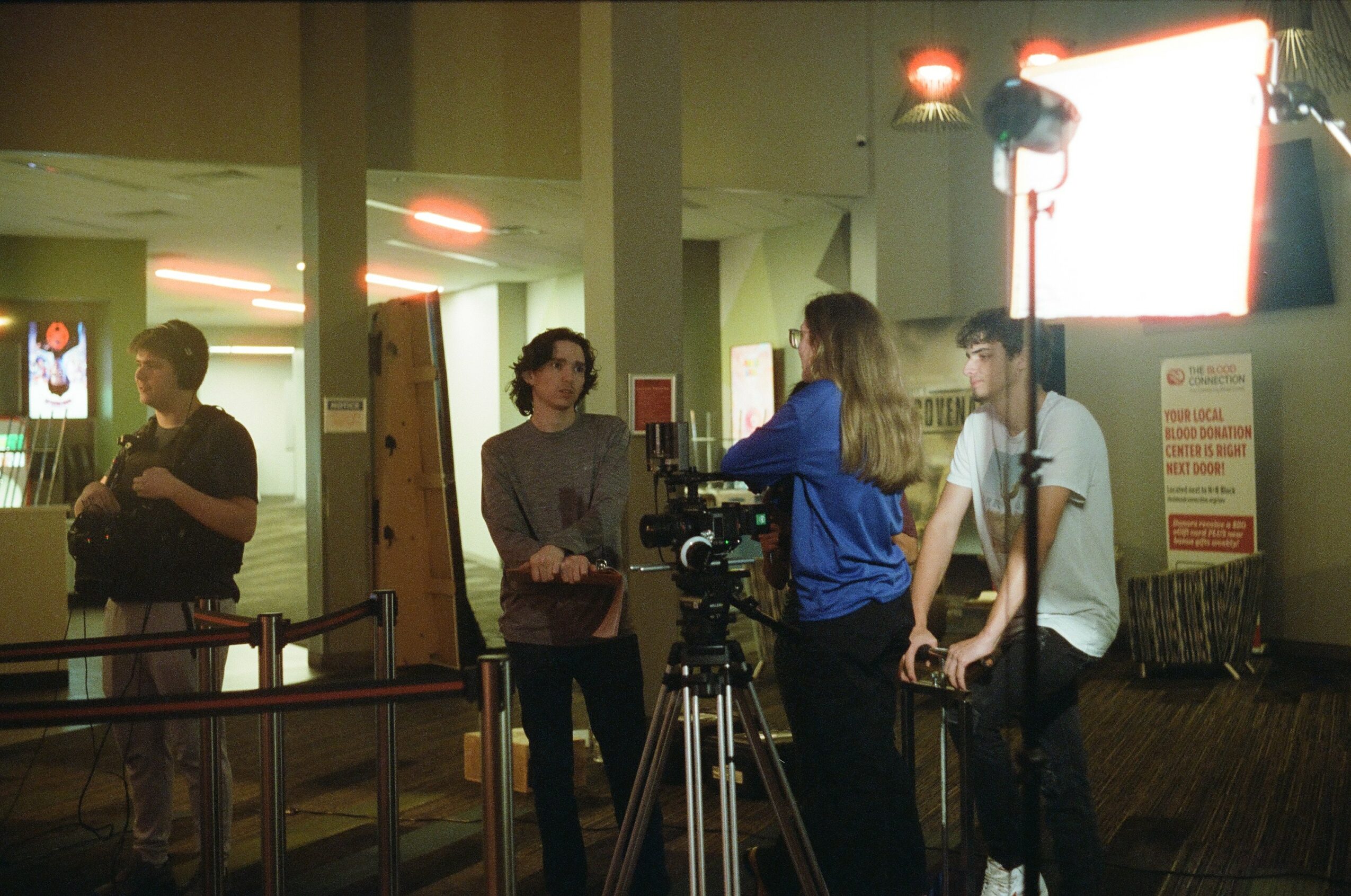
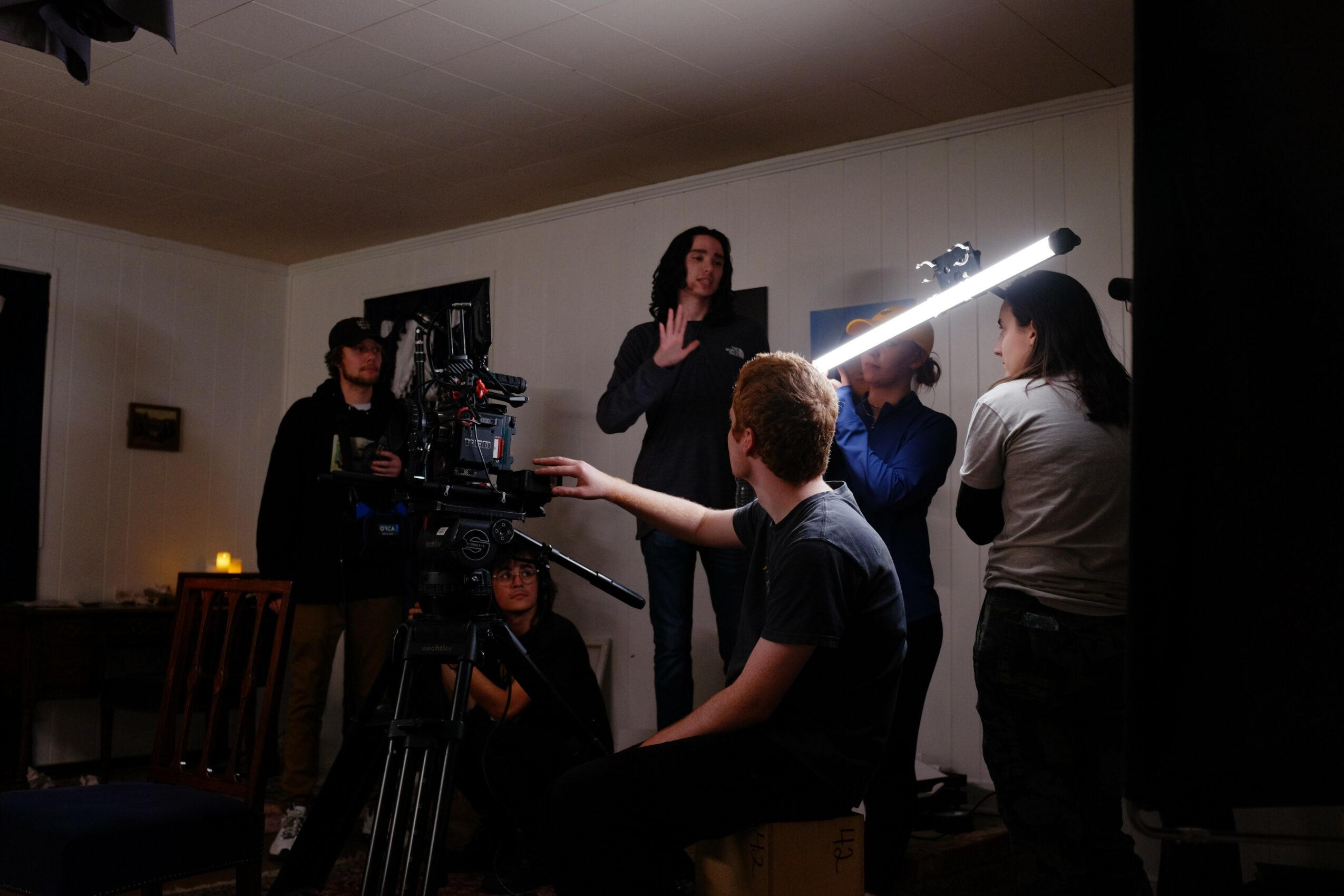
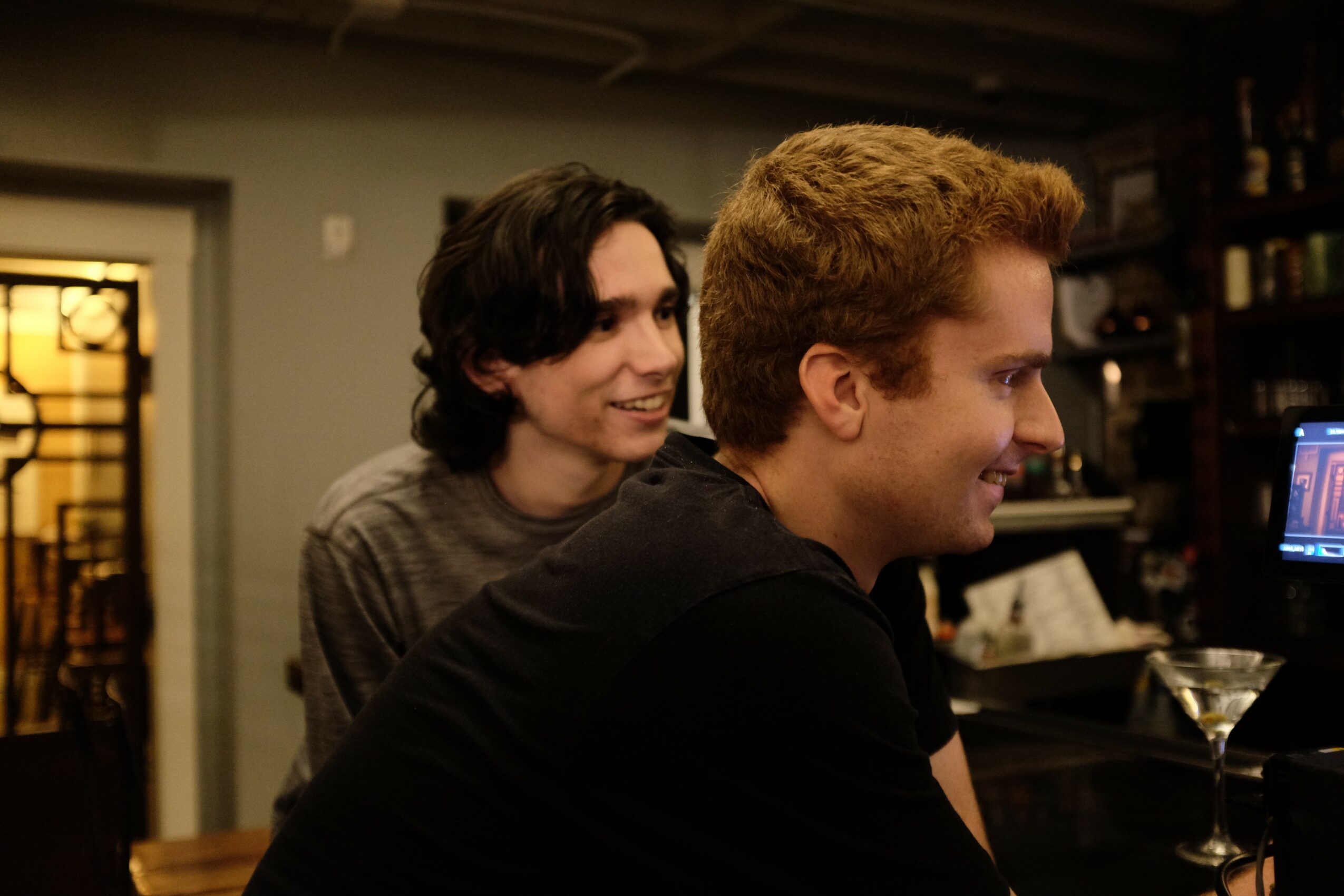
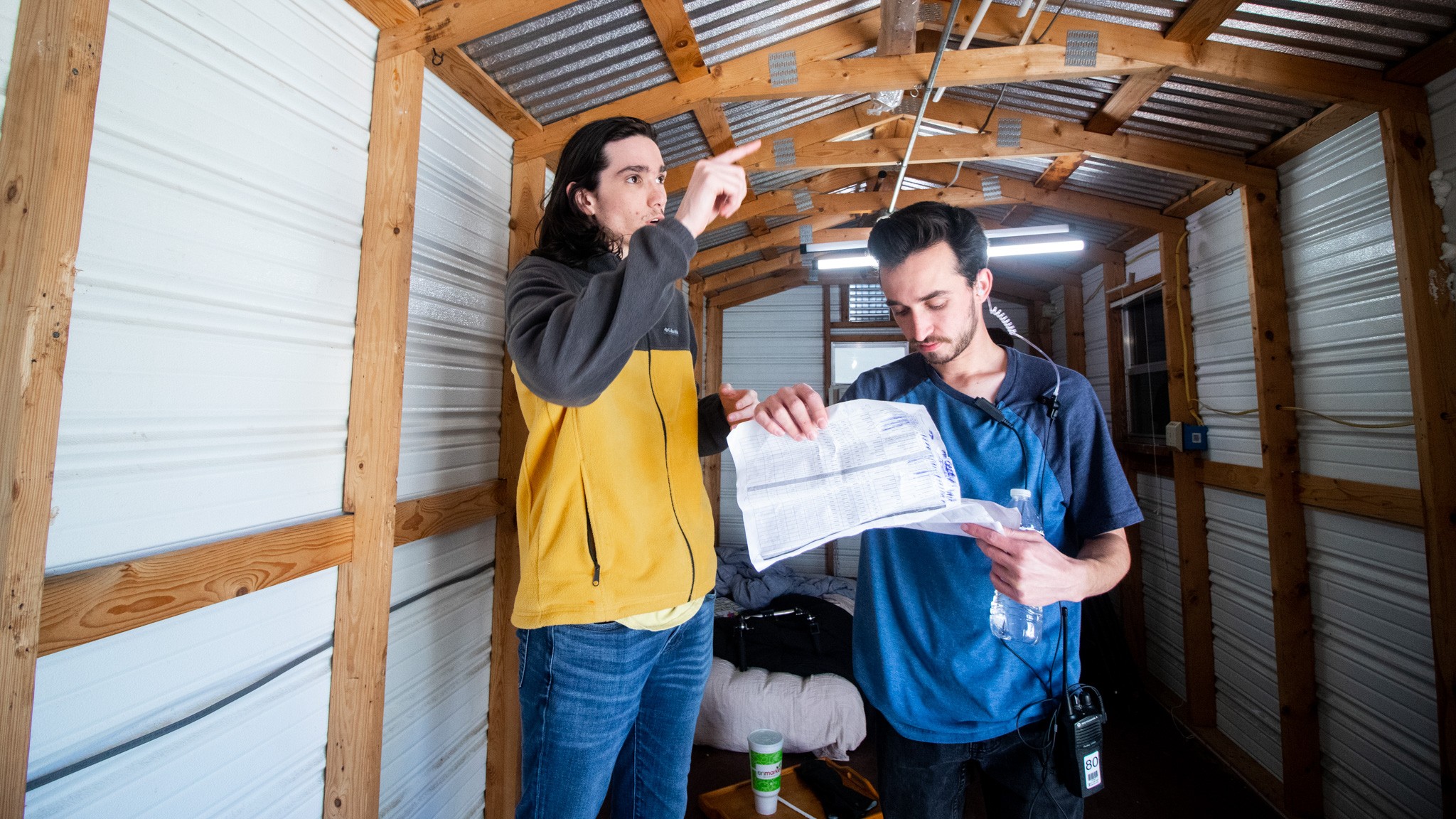
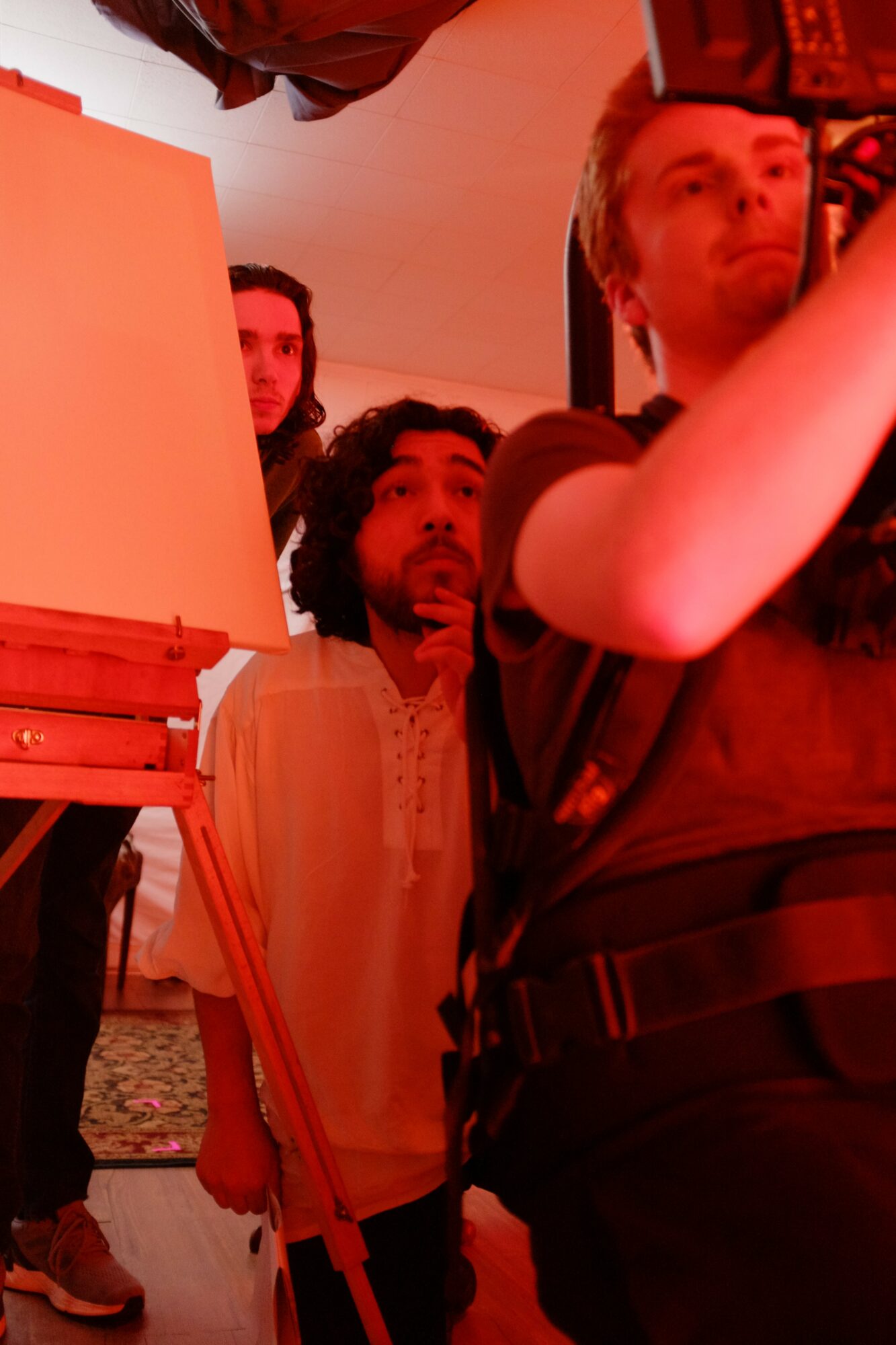
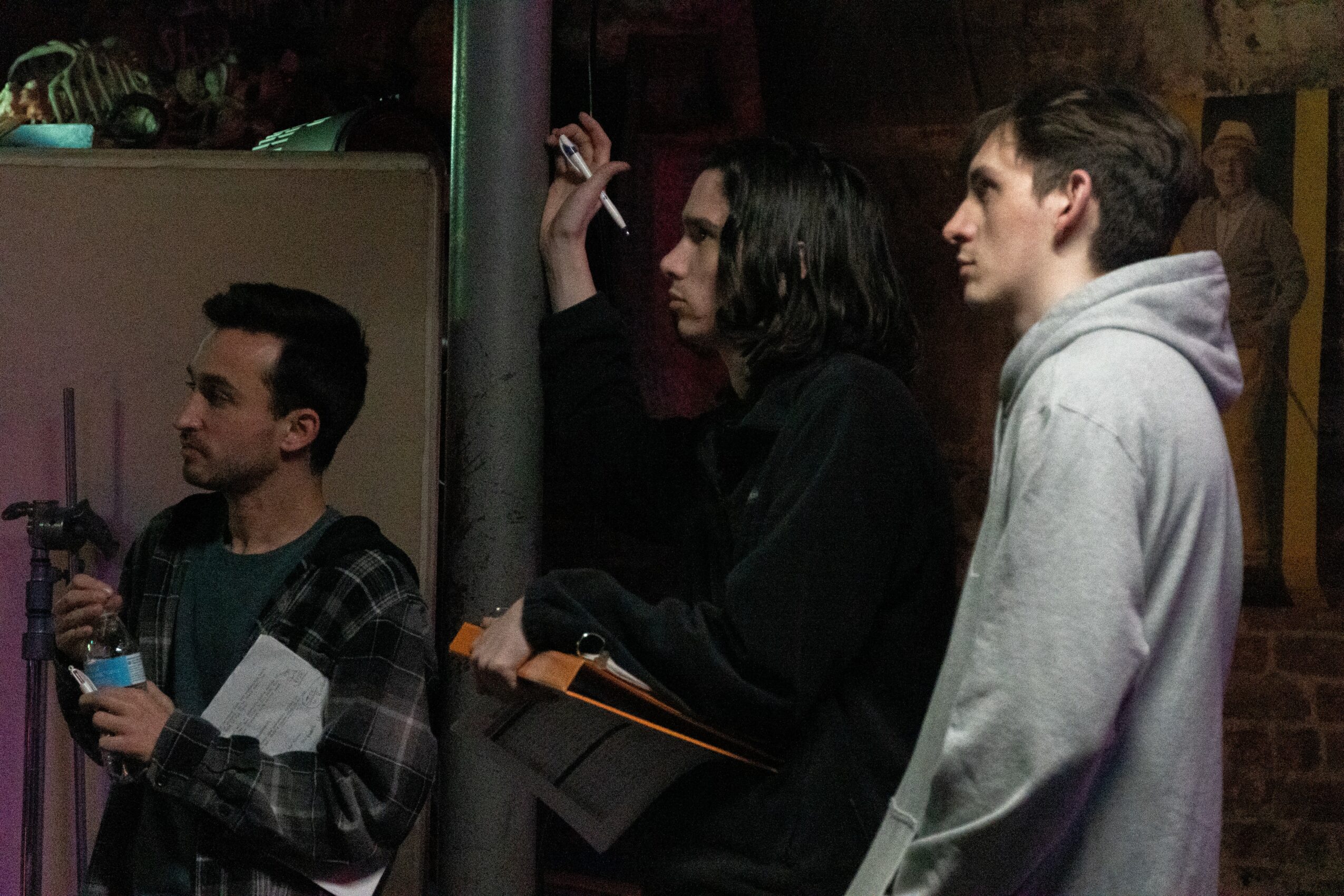
Image Credits
Tan Perez
Tim Borowiec
Andy Pedroza













